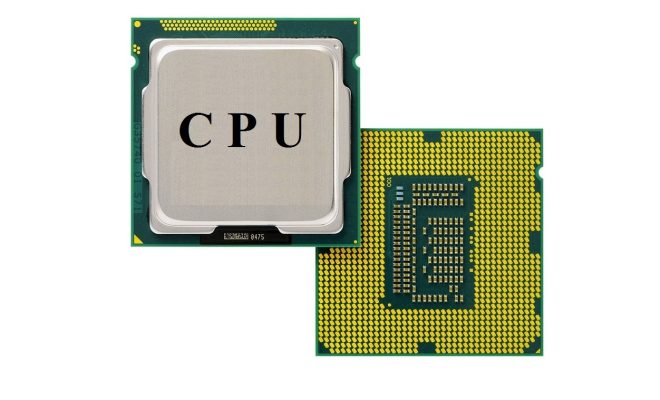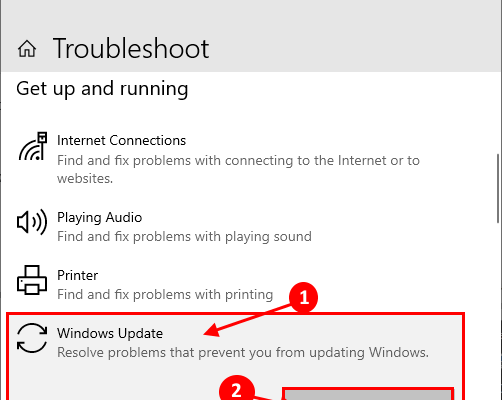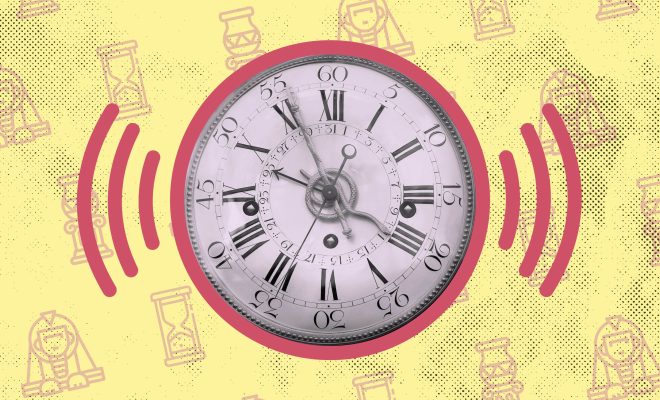What Is a CPU? (Central Processing Unit)

A CPU, or Central Processing Unit, is commonly referred to as the “brain” of a computer. It is responsible for processing instructions and performing logical operations that allow computers to perform various functions.
CPUs come in different shapes and sizes, but they all perform similar functions. At the core, a CPU is a circuit made up of millions of tiny transistors that work together to process instructions. The speed at which these transistors can process instructions is known as the CPU’s clock speed, which is measured in gigahertz (GHz).
The CPU is responsible for fetching instructions from memory, decoding them, executing them, and then storing the results back in memory. It performs these operations in a specific order to ensure that the data is handled correctly.
Modern CPUs are incredibly powerful and can carry out billions of instructions per second. They are the foundation of modern technology and are essential for any computer-based operation.
There are two main types of CPUs: the x86 architecture, which is used in most desktop and laptop computers, and the ARM architecture, which is used in most smartphones and tablets.
In addition to clock speed, CPUs also have multiple cores that allow them to process more instructions simultaneously. This means that a CPU with more cores can handle more complex tasks at once.
CPUs are also often referred to as microprocessors, and they are found in a variety of devices, including computers, smartphones, tablets, gaming consoles, and other electronic devices.
In conclusion, the Central Processing Unit is the most important component of a computer system. Without it, computers would not be able to carry out the instructions needed to perform even the simplest tasks. The speed and capabilities of the CPU have continued to improve drastically over the years, and they will continue to play a critical role in future technological advancements.






